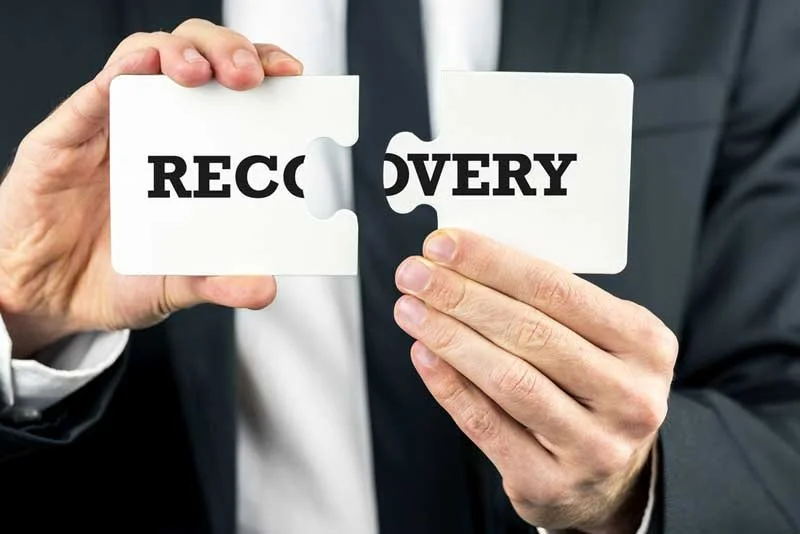How Wakefield Law Helps Businesses in Northern Virginia with Debt Collection
Collection methods for unpaid invoices aren’t what most people think of when they think about all the important parts of starting a new business. Whether you’re creating a business or have a long-established business, making sure you have a clear process for closing invoices is vital. When your business provides products or services and invoices clients without receiving payment, it can be a significant strain on your resources. Every minute spent on trying to get the debt collected lowers the value of the money – if you spend too much time collecting money for work you’ve already performed, you’re not out there getting new business.
Wakefield Law has been helping businesses in Northern Virginia with debt collection for over thirty years. We’ve gotten the process down to a science and try to make it as easy on our clients as possible. Here’s a quick overview of how we do this work day-to-day.
Handing over unpaid invoices for collection is easy with our firm. Most of our clients submit the files for collection efforts by sending an email with attachments. Almost immediately, we initiate a thorough and methodical process aimed at recovering the debt as efficiently as possible. Here’s a detailed look at our step-by-step approach:
1. Comprehensive Review of the File
After you submit a debt collection file, our team conducts an in-depth review. This allows us to understand the specifics of the case, verify compliance with applicable laws, and ensure that the debt is valid and enforceable. Our careful review lays the groundwork for a successful resolution by helping us identify potential disputes and make sure we have all the documentation and evidence needed to substantiate the debt to the person who owes it or directly to a judge.
2. FDCPA Compliant Demand Letters
The first official step in pursuing collection is sending demand letters that comply with the Fair Debt Collection Practices Act (FDCPA). These letters initiate contact with the debtor, providing them with details about the debt and inviting them to discuss repayment options or negotiate a settlement. Our letters are designed to encourage communication and resolution without immediate legal escalation. We prioritize empathy, kindness, and patience when dealing with these cases. We know how important your company’s reputation is, and we take ours very seriously as well.
3. Filing a Lawsuit if Necessary
If the initial demand letters do not yield a response within thirty days, we proceed to file a lawsuit. This action often prompts debtors to come forward, as the prospect of legal proceedings can encourage them to arrange payment plans or agree to settlements. Filing a lawsuit signals the seriousness of the matter and demonstrates your commitment to recovering what is owed.
4. Advanced Collection Techniques
In cases where filing a lawsuit does not result in payment, we employ additional tools to collect the debt after we take judgment. This can include issuing summonses to answer interrogatories, which require the debtor to provide information about their financial situation. We may also issue subpoenas for financial documents to identify assets or income sources.
Should it be necessary, we can move forward with garnishments on employment wages or bank accounts to recover the amount owed. These steps are taken with careful adherence to legal standards to ensure compliance while maximizing the likelihood of a successful recovery.
Debt collection can be emotional and time-consuming. Wasting more time and money just isn’t acceptable for our clients – we will give you the best shot possible in getting the money collected quickly. Give us a call at 703.771.9740 to learn how Wakefield Law can help you get your accounts receivable back under control!

